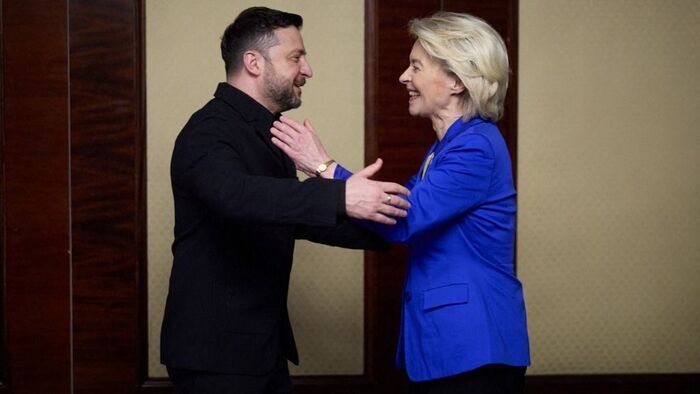Foreign interventions and incidents violating sovereignty occurring in Hungary in recent years indicate that nation states are facing continued challenges to self-determination, writes Marton Bekes in his analysis put out by the 21st Century Institute. The Institute's director goes on to say that in addition to the overtly visible and tangible hostile actions, sovereignty violations and interference in domestic affairs are increasingly being effected through proxies, in the form of for instance NGOs, federal courts, international corporations or foreign-funded media outlets. In Mr Bekes's view, destabilization attempts are also taking place in the broadest possible cultural sense, alongside and even instead of the previously common, mostly economic, military and political fields of attack. This is why there is now an increased need to defend, strengthen and develop cultural sovereignty, which is the immune system of the state.
Cultural sovereignty
Cultural sovereignty are the roots for the tree trunk of state sovereignty, the institute director illustrated his analysis with a metaphor, adding that
culture - taken broadly, serves as the foundation of the state, from which stems the stability of all other areas of sovereignty, including economic and political.
According to the historian and political scientist, the concept of cultural sovereignty came to the fore when at the end of August the Fidesz-KDNP MP group's countryside meeting in Esztergom resulted in decisions that define the rest of the year. The majority governing party's parliamentary group leader
Mate Kocsis stated that the stakes at next year's European Parliament elections, which are being held together with Hungary's local government elections, are none other than the defense of Hungarian sovereignty.
The group leader explained that,
our economic, cultural and political sovereignty is under attack,
making their legal and political protection a top priority today. The party group leader believes that
multi-level safeguarding of sovereignty is needed, which the governing party parliamentary majority wants to manifest through legislation, which started in the fall.
Battles on multiple fronts
On the issue of cultural sovereignty, Mate Kocsis explained that there are several fronts in the ongoing fight: on illegal immigration Hungary's defense involves both a physical border and legal barriers, on the gender ideology front, which three and a half million Hungarians had already rejected in the child protection referendum held at the time of last year's parliamentary elections, and yet an infringement procedure was launched against us for our Child Protection Act, and Hungary has also been sued in the European Court of Justice. According to the latest intelligence, the Southern border crisis - exacerbated by Afghan people-smuggling gang wars - extends far beyond itself, as in an EU context it is about who the people of Hungary (do not) want to coexist with - a decidedly cultural issue.






















Szóljon hozzá!
Jelenleg csak a hozzászólások egy kis részét látja. Hozzászóláshoz és a további kommentek megtekintéséhez lépjen be, vagy regisztráljon!